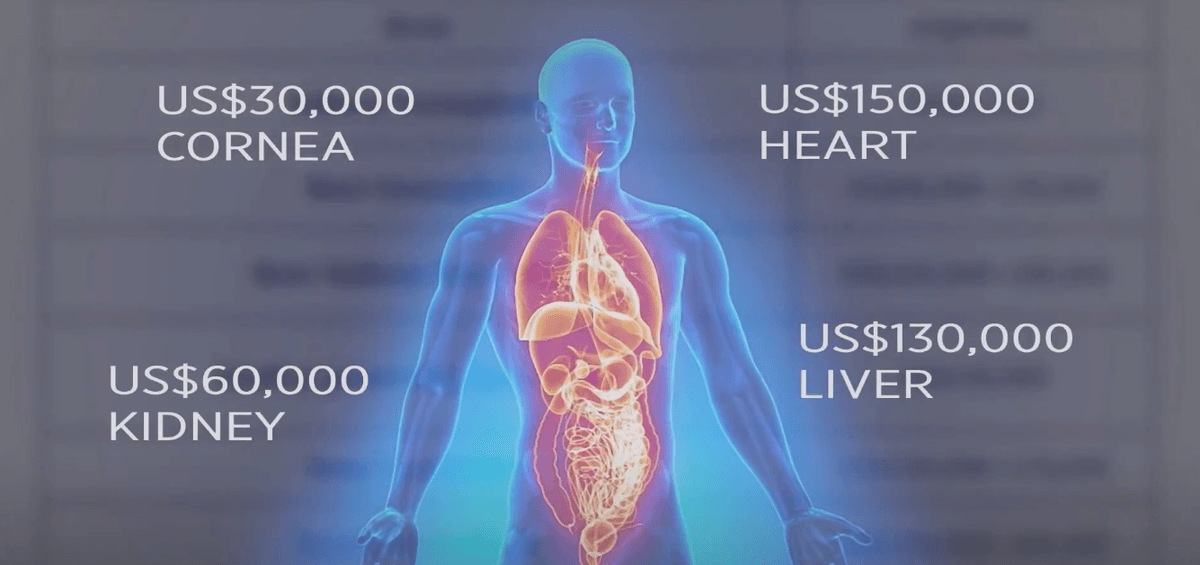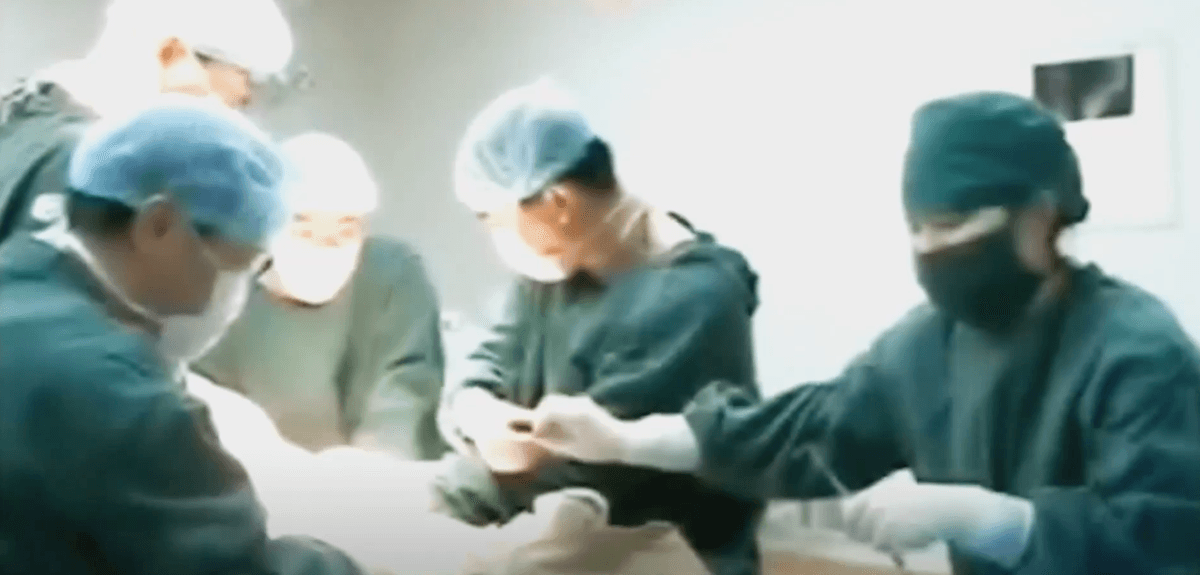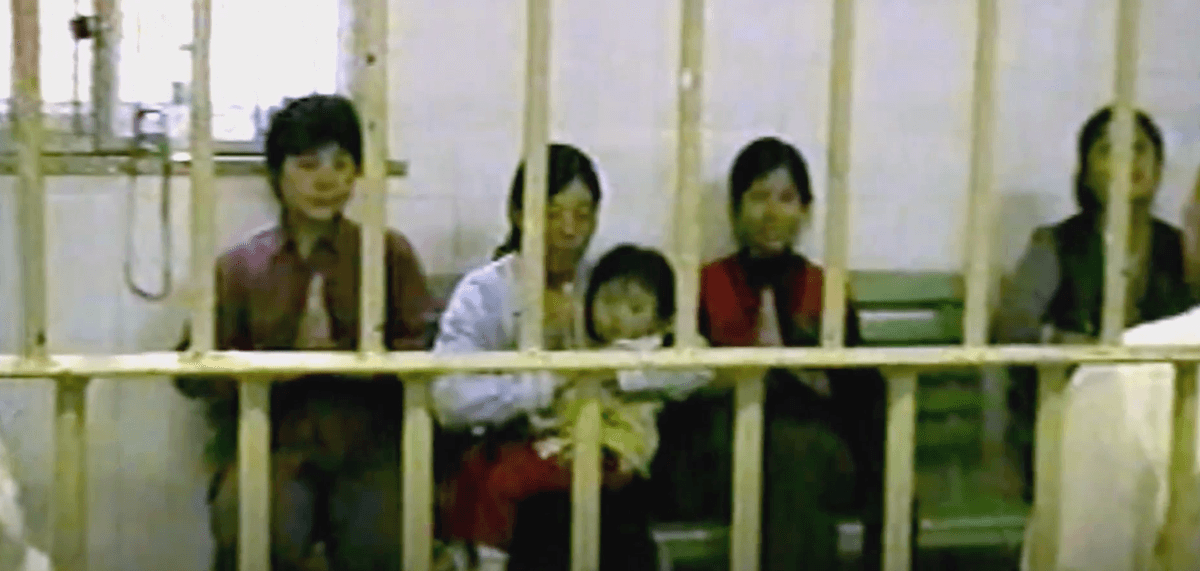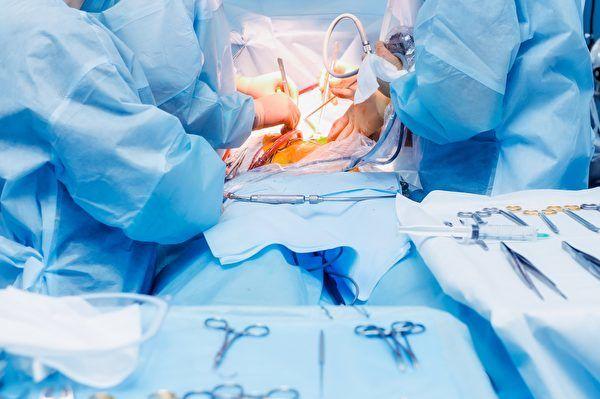State-Sponsored Genocide
China’s national five-year strategy includes organ transplantation. Much of the transplant industry is funded by national funds. According to the film, the transplant industry in China generates about 9 or 10 billion dollars a year. David Kilgour is the former Canadian Secretary of State for Asia-Pacific and co-author of “The Bloody Harvest” and “The Slaughter: An Update.” He states that, to his knowledge, China is the only country in the world where a government-run industrial complex kills people to sell their organs. His co-author, David Matas, is a human rights lawyer.
China’s organ harvesting came to light in 2006. David Kilgour and Matas were first to investigate, along with Ethan Gutmann, an investigative journalist based in London. Gutmann spent seven years doing his own research before writing “The Slaughter: An Update.” They joined forces and were nominated for the Nobel Peace Prize.
Extensive cross-checking confirmed that several Chinese hospitals perform 4,000 or 5,000 transplants yearly. This far surpasses China’s claim of 10,000 total transplants a year. The research shows actual numbers closer to 100,000 per year. The number of transplants in China increased ten times between 1999 and 2000 and tripled by 2005. That’s a 30-fold increase in 6 years. Since 2000, the United States has performed an average of 6,353 liver transplants per year. Just a few hospitals could match this in China.
Killed on Demand

Researchers were struck by one major difference between China and other places in the world that perform transplants. China performs organ transplants on demand, whereas patients in the United States and UK wait for years until a donor is available. To have a heart transplant, for example, a person has to die on the table the same day as the transplant surgery. Yet, China schedules these surgeries in advance. According to Kilgour, patients who traveled to China for a kidney transplant have cited being presented with up to eight kidneys until they found one that matched. “Eight human beings had been killed,” said Kilgour.
Punishment for Prisoners of Conscience
According to the EpochTV film, China began harvesting organs from executed prisoners in the 70s. It then started using the organs of prisoners of conscience. Gutmann cites the persecution of Falun Gong beginning in 1999 when the order to eradicate Falun Gong practitioners came from the regime. By 2000 and 2001, there was an explosion in transplants. The documentary also notes that Falun Gong prisoners undergo physical examinations and blood testing, which Matas says has no explanation other than determining suitability for organ transplants. Gutmann says the Falun Gong are forced to either convert or die. “It’s state-sponsored genocide,” he says. “We did not expect to see, after the Holocaust, this kind of medical corruption come around again.”
Enver Tohti, a former Uyghur surgeon, living in London, recalls how he was told to extract the organs from a living prisoner. He said the communist regime prevents you from being able to think for yourself. Tohti explains that anyone who labels themselves as something other than a Chinese Communist Party member is treated as an enemy of the state. “Therefore, they are not even qualified as human beings,” he says, noting that they are subject to whatever punishment is available. Tohti recalls genuinely believing what he was doing was good, but later, he realized the truth: “I killed him.” Reports show the same treatment of Uighurs and Tibetans, other persecuted religious groups in China.





